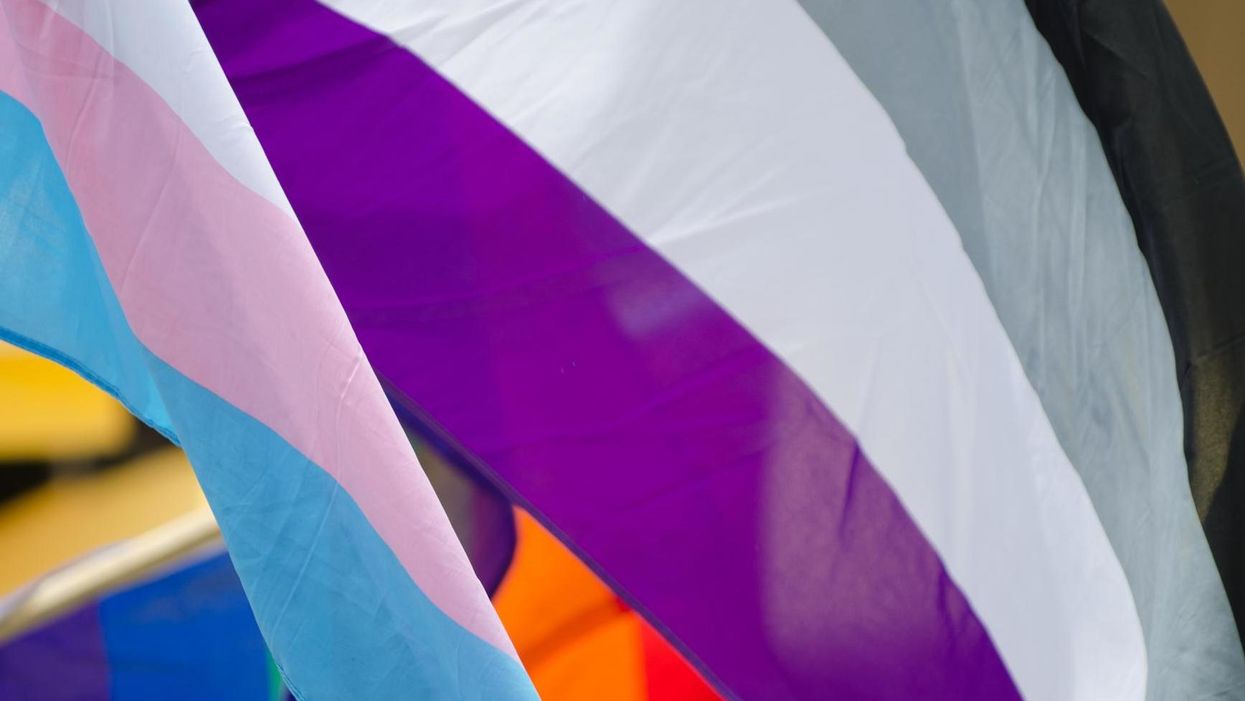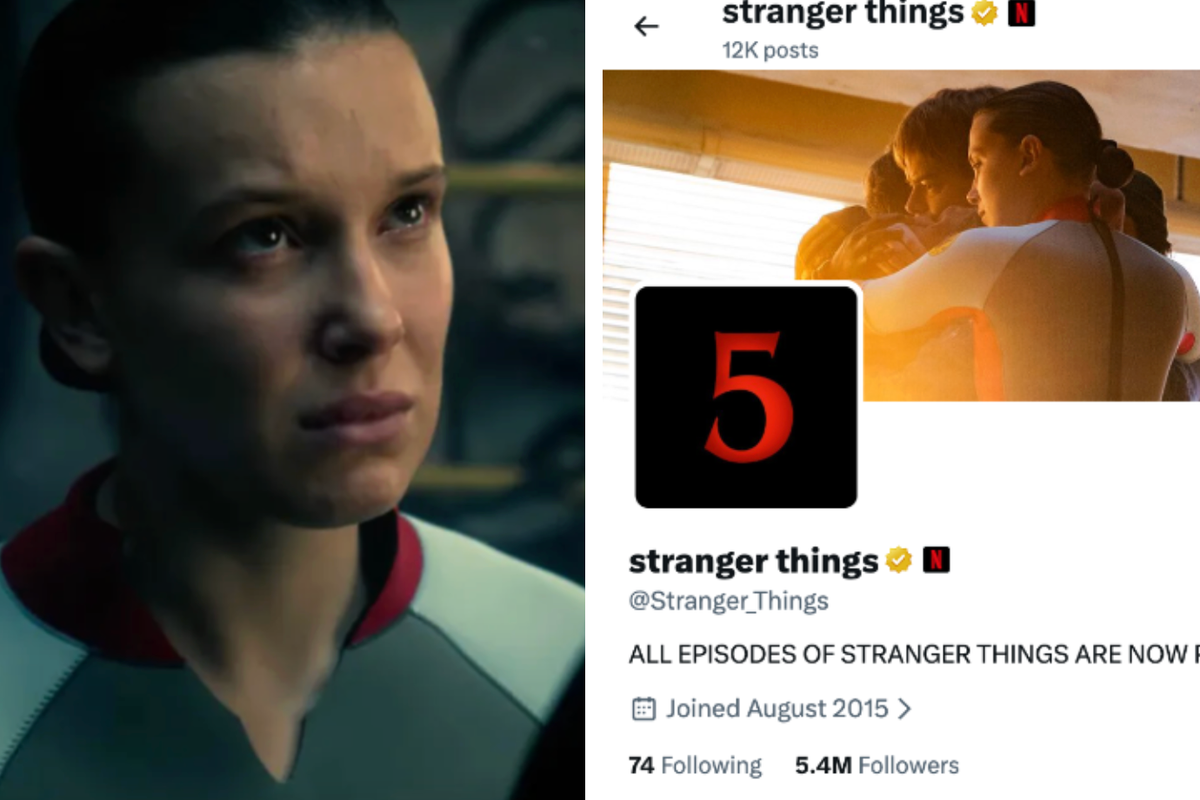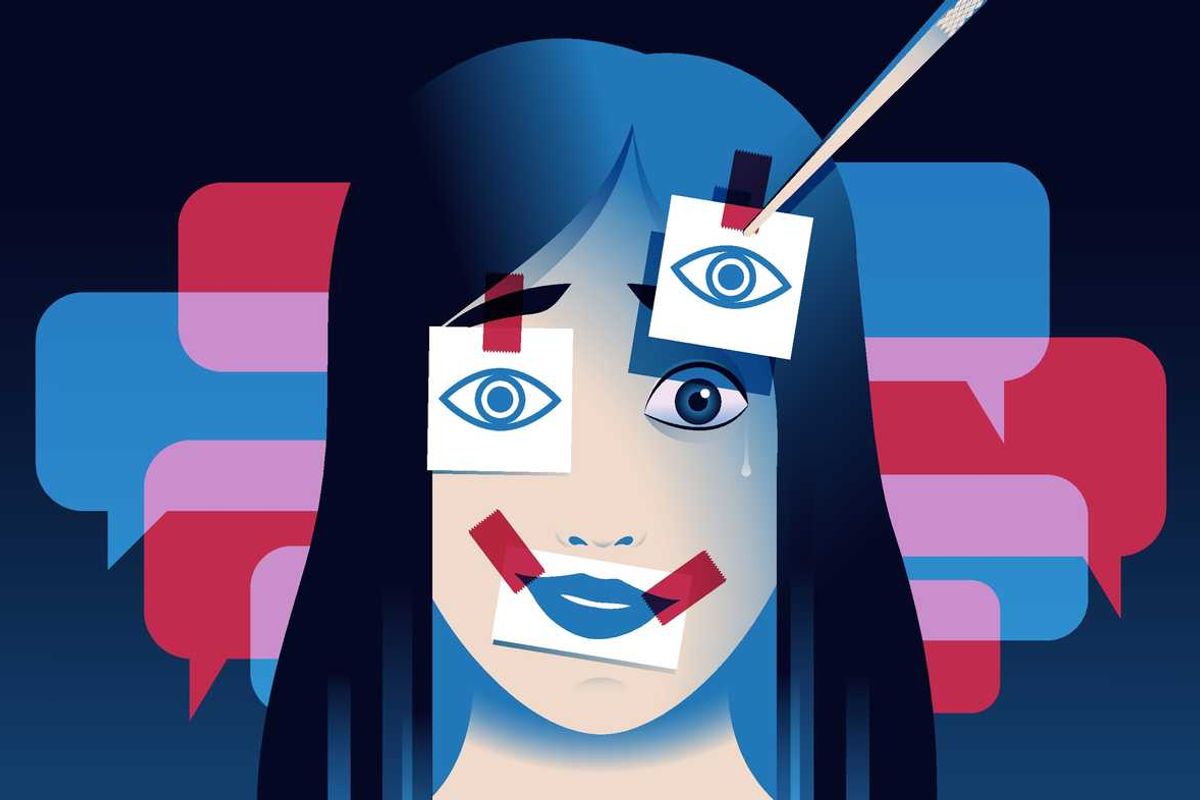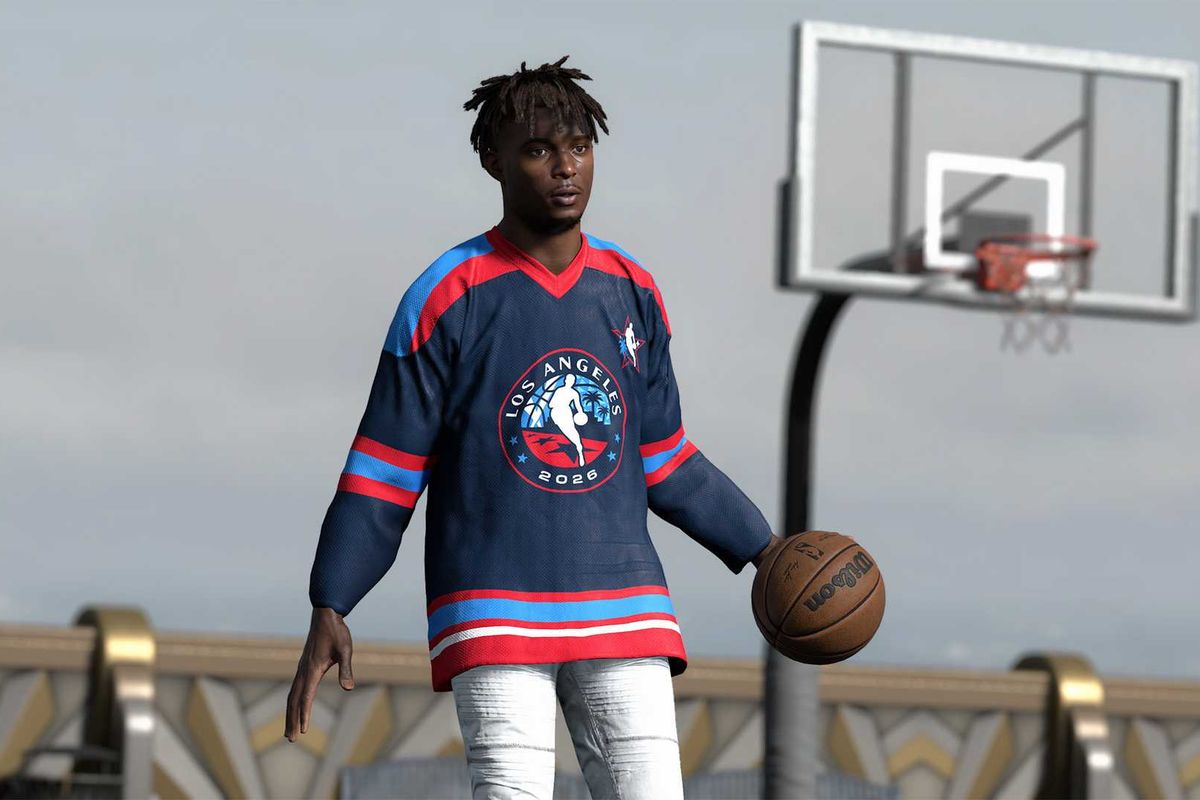
Ace people are today celebrating the first International Asexuality Day (IAD), which promotes all LGBTQ+ identities listed under the ace umbrella.
Around 1 percent of the population are reported to identify as asexual, which means they experience little to no sexual attraction.
According to the Asexuality Visibility and Education Network (AVEN), asexual people “are not drawn to people sexually” and have no desire to “act upon attraction to others in a sexual way”.
“Unlike celibacy, which is a choice to abstain from sexual activity, asexuality is an intrinsic part of who we are, just like other sexual orientations. Asexuality does not make our lives any worse or better; we just face a different set of needs and challenges than most sexual people do.
“There is considerable diversity among the asexual community in the needs and experiences often associated with sexuality including relationships, attraction, and arousal,” they say.
Read more
- Fitness influencer spots man’s sinister behaviour in gym mirror – and TikTok is horrified
- Piers Morgan tried to criticise The Wire and it didn’t go well
- Restaurant manager under fire for praising staff who called customers ‘two very annoying Asians’ on receipt
- Waitress quits on the spot after customer refuses to put on a mask in a restaurant Chinese takeaway goes viral for savage responses to customers
While ace people do not experience sexual attraction, they can still experience romantic attraction and have romantic partners.
Other identities listed under the wider ace umbrella include demisexual - where sexual attraction is only experienced after a strong emotional bond is formed - and gray-asexual, which is when someone “identifies within the area between asexuality and sexuality”.
International Asexuality Day isn’t the only awareness day in the year which promotes asexuality either, with Ace Week taking place on the last week of October.
Today’s event sees four themes celebrated, which are advocacy, celebration, education and solidarity, which can conveniently be abbreviated to ACES.
“These themes highlight the aims of recognising and enabling the work that the international ace community and organisations do, particularly in non-Western and/or non-English speaking countries,” a post from organisers reads.
Ace people have been encouraged to participate in IAD by attending online events held by organisations around the world, and sharing posts on social media.
People have certainly done the latter, with #InternationalAsexualityDay being the second most popular trend in the United Kingdom at the time of writing:
More information about International Asexuality Day can be found on IAD’s official website.













